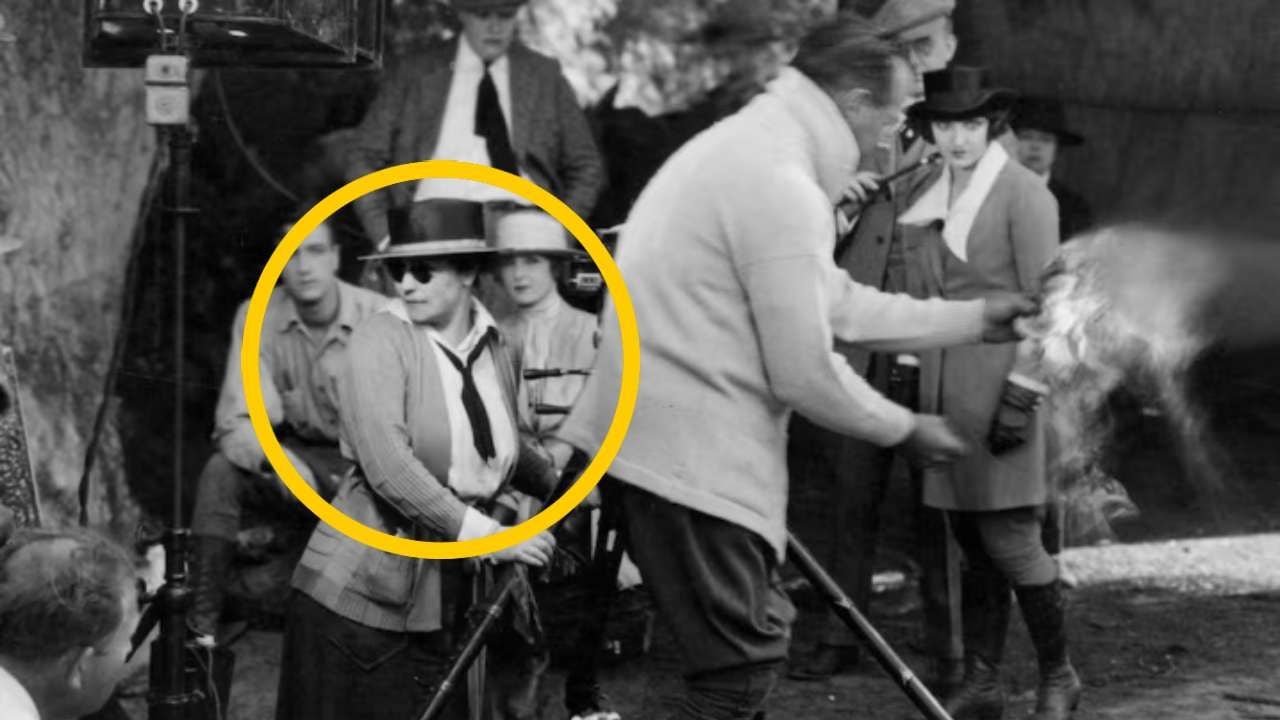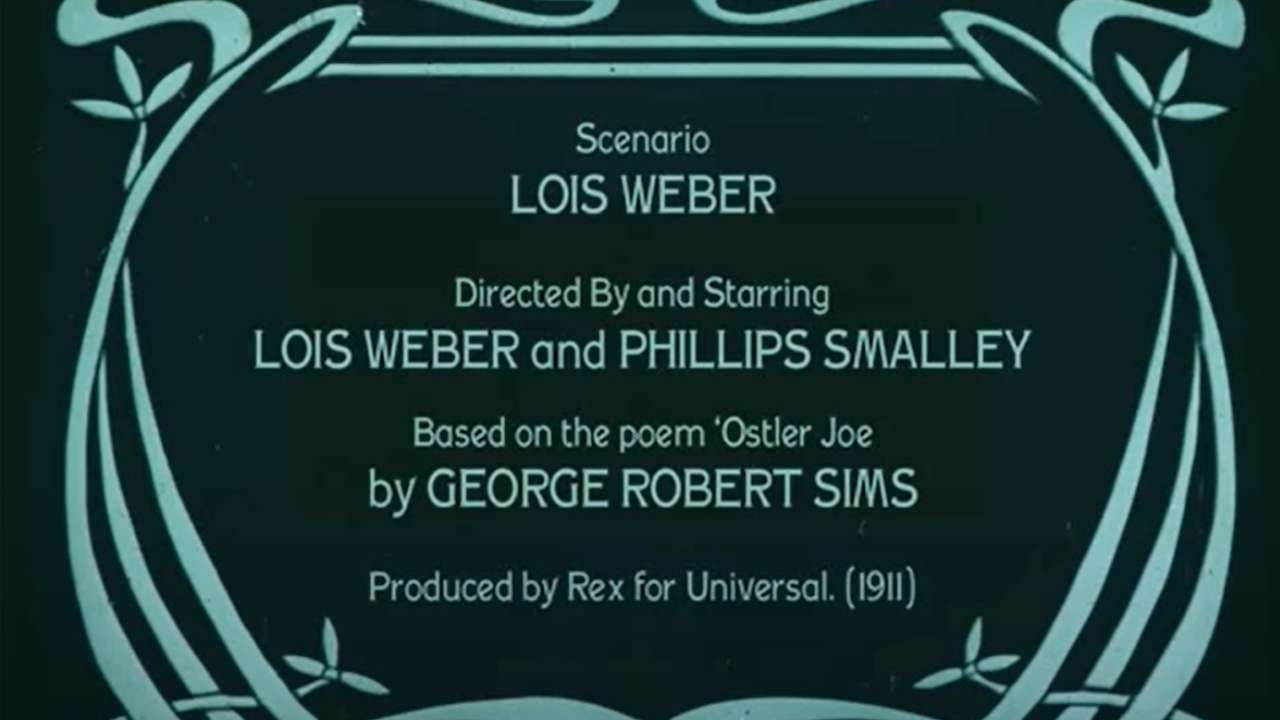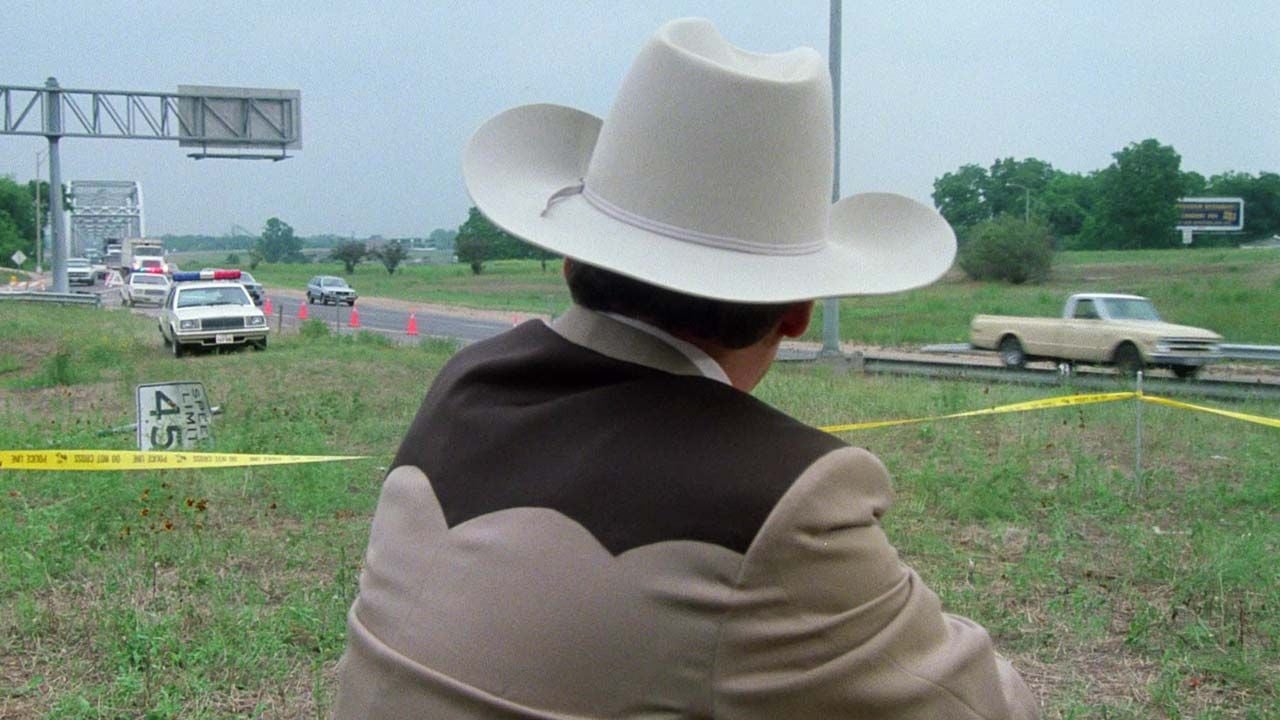Lois Weber. His name probably means nothing to you, but he was an American director, screenwriter, actor, and producer who worked between 1911 and 1934. Participated in all stages of filming, An unusual framing attempt In his day, in his prime, he was on the same level of fame and appreciation as Cecil B. DeMille (The Ten Commandments) or DW Griffith (The Birth of a Nation).

Lois Weber on the set of “Shoes”.
She directed more than 120 films, started her own production company and brought screenplays that she wrote or co-wrote, always on the subject of the representation of female characters in society. From marriage to divorce, including financial dependence on one’s spouse, poverty or interracial love, most of the themes of his time are dealt with in his cinema.
What could have happened so that this very important person of his time was forgotten until today?
Reason #1 – The dumb was mocking
from the arrival of the speech
In 1927, studios wanted to make silent movies obsolete, especially with “talkie parodies.” Studios would dig into their back catalog, shoot a film, and have the director re-edit it with satirical and/or wry voice-over commentary. In the case of Lois Weber, for example, her film shoesPublished in 1916, it highlighted how a young woman supported her parents and three sisters by working hard and turning to prostitution to buy new shoes.
A completely removed social subject and point of view Parody movieWhich, in addition to appropriating Weber’s work without crediting him (the comedy re-editor is credited as the director) misleads the message by making the heroine a very stupid girl who is punished for sleeping with a man because of his shoes. Absent from the credits and no deviation from his film, nothing of Weber’s work remains in this new release.
Reason No. 2 – the fault of the specialized press
From the mid-1920s, even before the advent of talkies, the press promoted Lois Webber and most other silent stars by using past qualifiers such as “forgotten,” “prehistoric,” “pioneers,” which gave an ancient connotation to the people mentioned. , which means their time has passed.
When her case is mentioned, she is called “the only director” or “the only woman who can direct”. A unique case that other women could not do. We’re also trying to relegate him to the status of ‘discoverer of the actor’ rather than a director with a sense of vision and framing.
First of all, the press is starting to make blunders along the way. For example, Weber, who had been making films since 1911, was described by a magazine in 1927. Photo game as an “actor” who “lately” came “Boss Direction” (the power of achievement). He therefore confines himself to the role of an actor, downplaying his experience in directing and implying that he had a whim to go behind the camera. Likewise, in 1927, Weber had just joined DeMille Pictures as a director, and the article stated that he was working under the direction of the director when, on the contrary, he was his equal. Which ties into our last point:
Reason #3 – The New Hollywood Narrative
From the early 1920s onward, Hollywood studios became increasingly powerful, producing much of the production (and sometimes distribution). And if the beginnings of silent cinema were also structured, independent companies or companies integrated into studios were disappearing, and female director-producers were the first to suffer.
Lois Weber produced films from 1913 to 1921 with Lois Weber Productions, but then closed. He states:
Producers choose the script, the casting, tell you how much to spend on your film and how much time you have to shoot it. I could handle it, but when they tell you they’re going to edit your film too, it’s too much.
Scandals began to punctuate the Hollywood lifestyle, and William Hayes, the future author of the Censorship Code Hayes was then president of the Motion Picture Producers and Distributors Association of America and began “advising” the studios on the issues at hand. treatment and they aside. Weber, who worked on the social position of women, experienced the full force of this change.

Finally, studios are places run by men at every level of decision-making, from head producers to project managers who build sets, including publicists. And at the same time, a narrative is created – especially through the aforementioned advertisers – that the actors or women who succeed in Hollywood were spotted “by chance on the street” (therefore because of their physicality) or because they had an opportunity to meet a producer, rather than because of their work. or because of other properties.
All of these small stones placed on top of each other built a wall that locked Lois Weber and many others in, to the point that only archeological research can find out what really happened.
Read on to learn more about Lois Weber’s illustrious career Lois Webber in early Hollywoodby Shelley Stamp, which is necessary to write this article and is unfortunately only published in English at this time. If the French publisher goes through here, it’s an incredible journey to rehab.
Source: Allocine
Rose James is a Gossipify movie and series reviewer known for her in-depth analysis and unique perspective on the latest releases. With a background in film studies, she provides engaging and informative reviews, and keeps readers up to date with industry trends and emerging talents.






